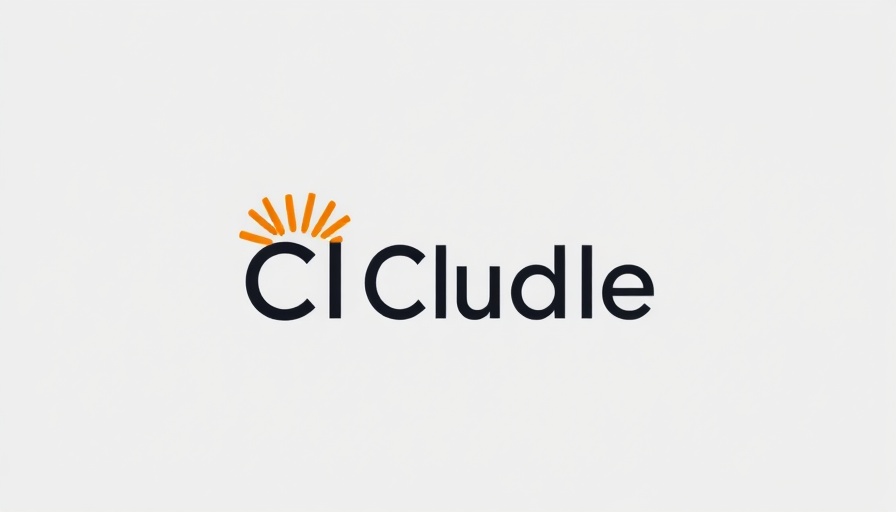
Big News in AI: Claude Now Searches the Web
Anthropic's recent announcement that Claude can search the web in real time marks a significant advancement in the functionality of AI assistants. Users can now access live data, which enhances the assistant's ability to provide timely and accurate responses. This feature is currently in beta for paid users in the United States, with plans for expansion to other countries in the future.
A Competitive Edge in AI
Previous limitations faced by AI assistants have often stemmed from their reliance on pre-existing training data, which could quickly become outdated. With Claude's web search feature, Anthropic steps into a playing field already occupied by established players like OpenAI's ChatGPT and Google's Gemini. This shift not only boosts Claude's capabilities but also enhances its relevance in an increasingly competitive market. Now, users can expect Claude to answer queries regarding recent events, weather updates, and more current affairs with the latest information available online.
How Claude’s Web Search Works
Claude's web search functionality is designed to be user-friendly. Once users activate the feature within their settings, they can ask Claude for real-time information utilizing its advanced models, Claude 3.5 or 3.7 Sonnet. Unlike many AI assistants, Claude prides itself on transparency; it provides citations for the data it retrieves from the web. This not only reinforces user trust but also addresses common concerns about AI generating incorrect or misleading content.
Current Access and Future Plans
At this moment, the web search feature is exclusive to users on the Claude Pro plan in the United States, but there are future plans to roll it out to free users and internationally. This phased approach allows Anthropic the opportunity to gather user feedback, making necessary adjustments and ensuring a smooth experience as more users gain access.
Claude vs. Competitors: How Does It Stack Up?
With Claude now entering the bustling web search arena, comparisons to AI competitors are unavoidable. While ChatGPT Plus has offered web browsing for some time, Claude's focus on safety and reliability might set it apart. Anthropic has positioned Claude as a more “aligned” model, designed to reduce biases and misinformation. This philosophy extends beyond AI functionality into how Claude selects, cites, and presents web information.
Why Real-Time Search Matters
For a diverse array of users—from professionals to casual inquirers—the capacity to tap into real-time information through AI is transformative. Imagine being able to check the latest research studies in real-time or accessing breaking news as it unfolds. Claude enhances its usability dramatically with this feature, removing the friction of needing to cross-reference facts separately.
Future Insights: The Road Ahead for AI Assistants
The introduction of web surfing capabilities isn’t just a game-changer for Claude; it sets a precedent for AI development overall. The demand for real-time interactions with AI is growing, and companies must continuously evolve to stay relevant. The competition in this arena will likely lead to advancements in other AI systems, pushing the boundaries of what we can expect from digital assistants moving forward.
Conclusion: What This Means for the Future
The integration of web search into Claude illustrates a dynamic shift in the role of AI in everyday life. As interfaces become more intuitive and responsive, the trust and utility of AI assistants will scale accordingly. In a world where information is at our fingertips, having a reliable, real-time assistant adds undeniable value.
 Add Row
Add Row  Add
Add 




 Add Row
Add Row  Add
Add 

Write A Comment